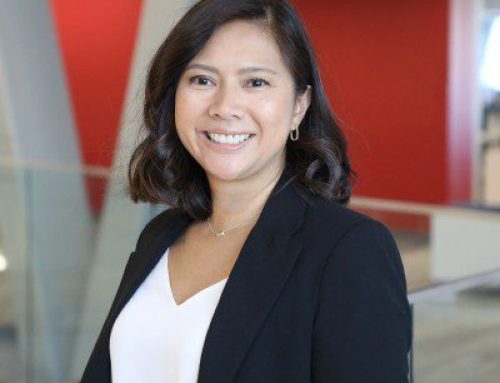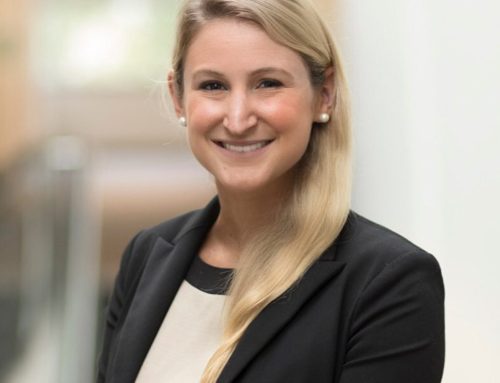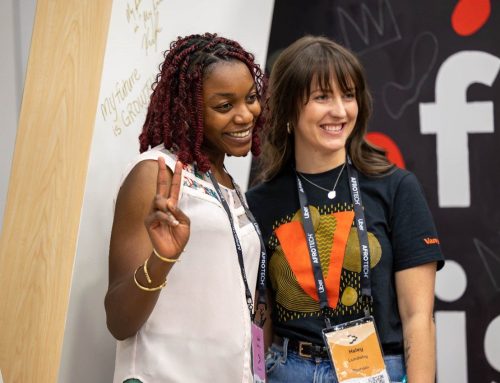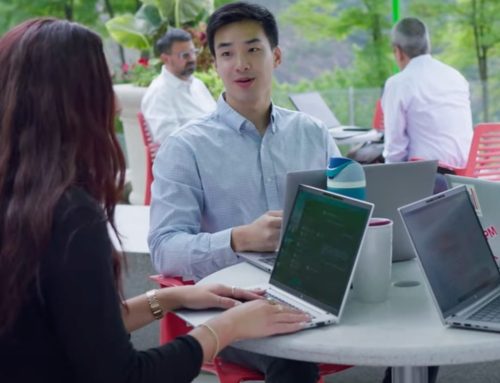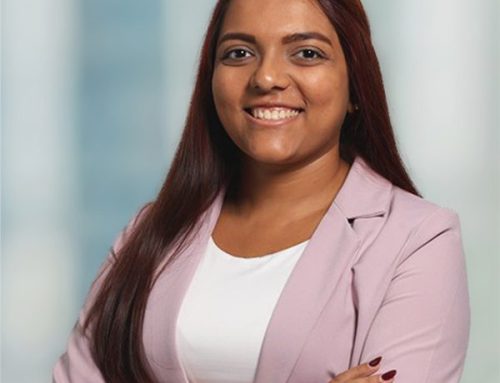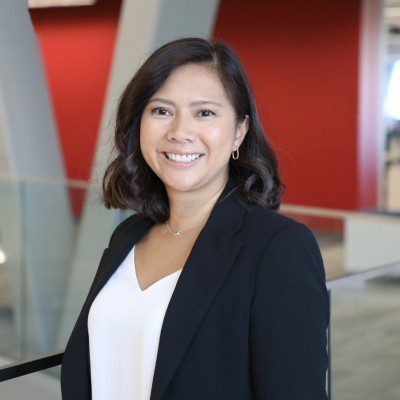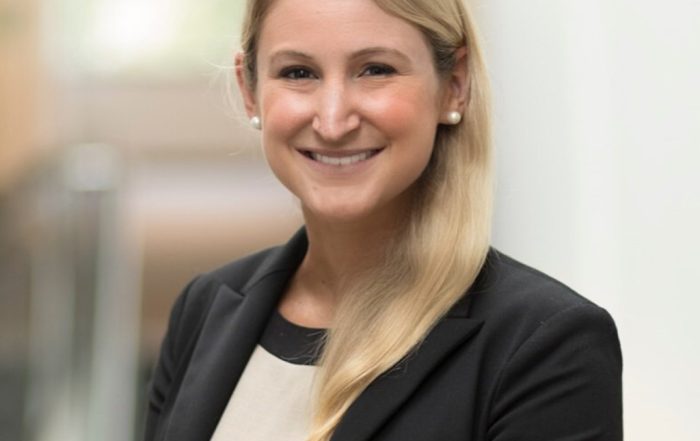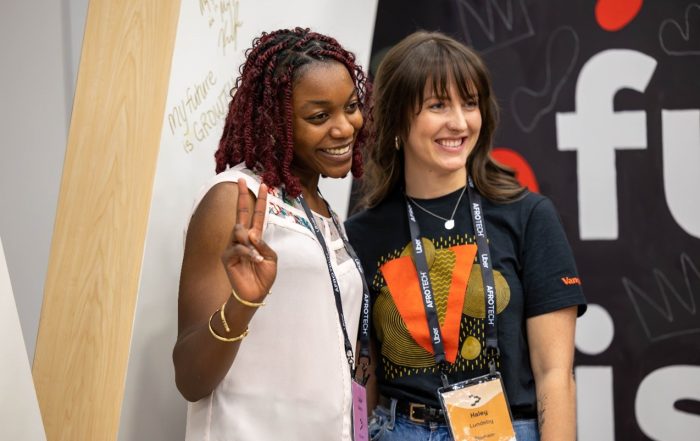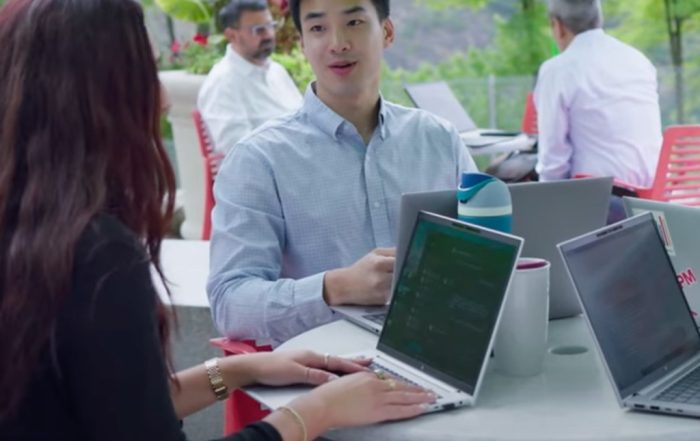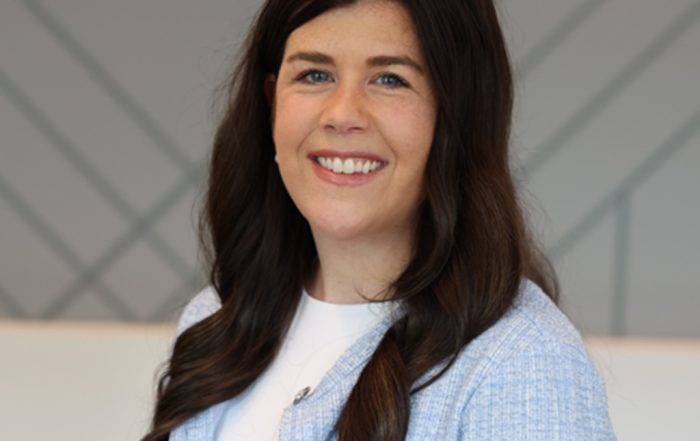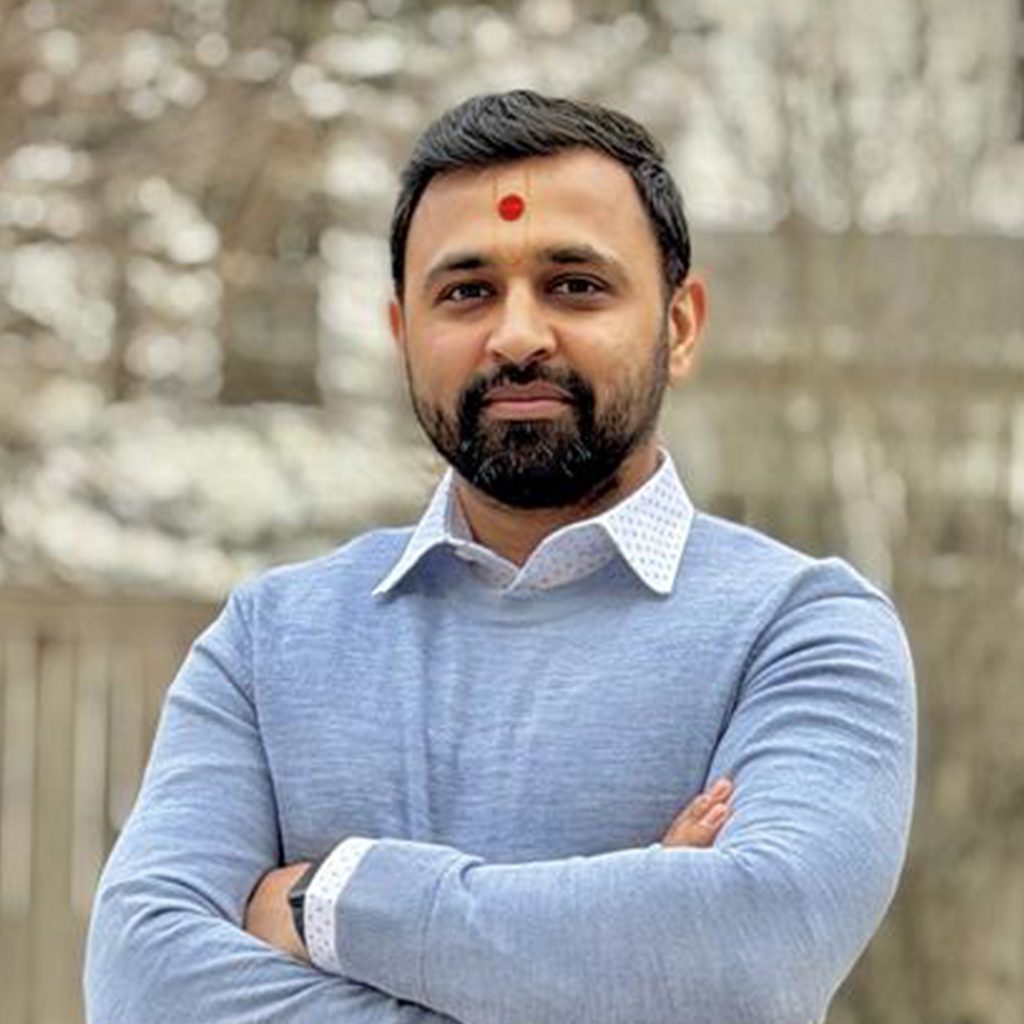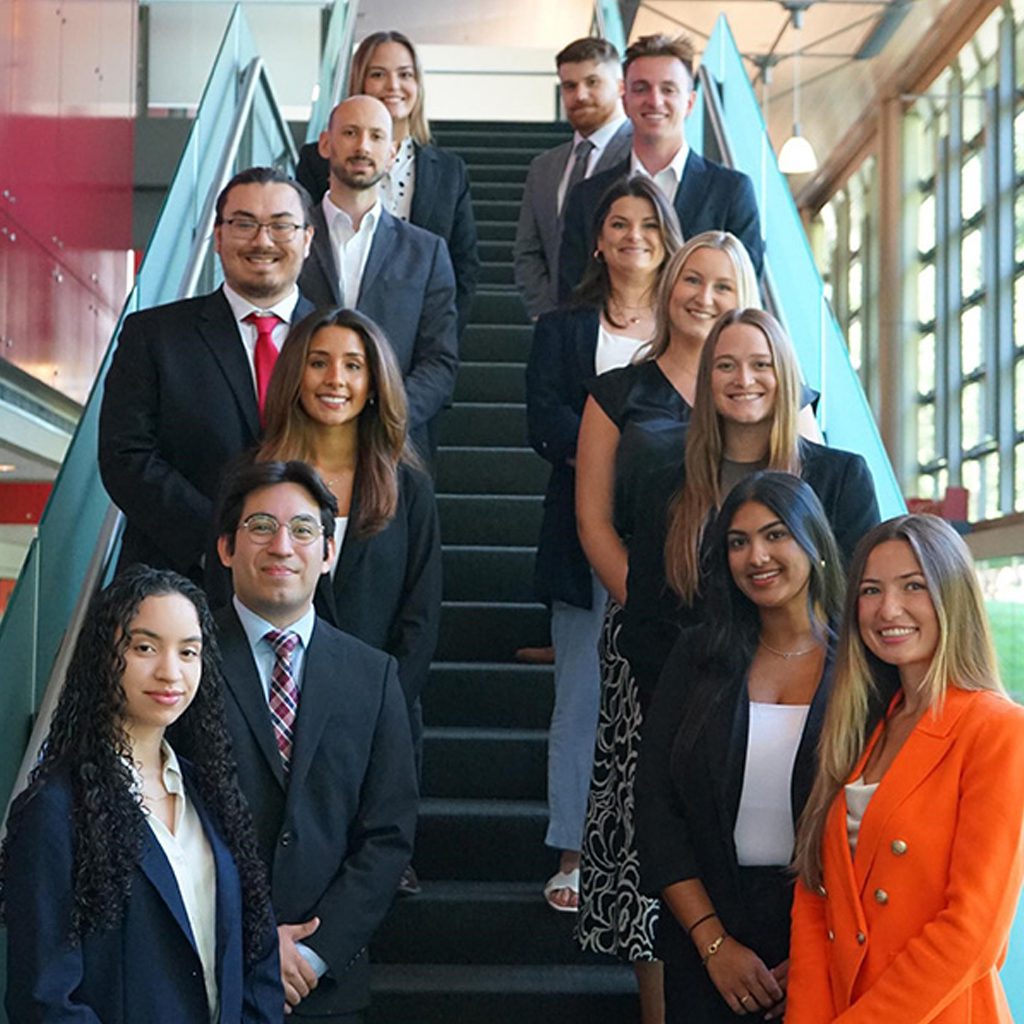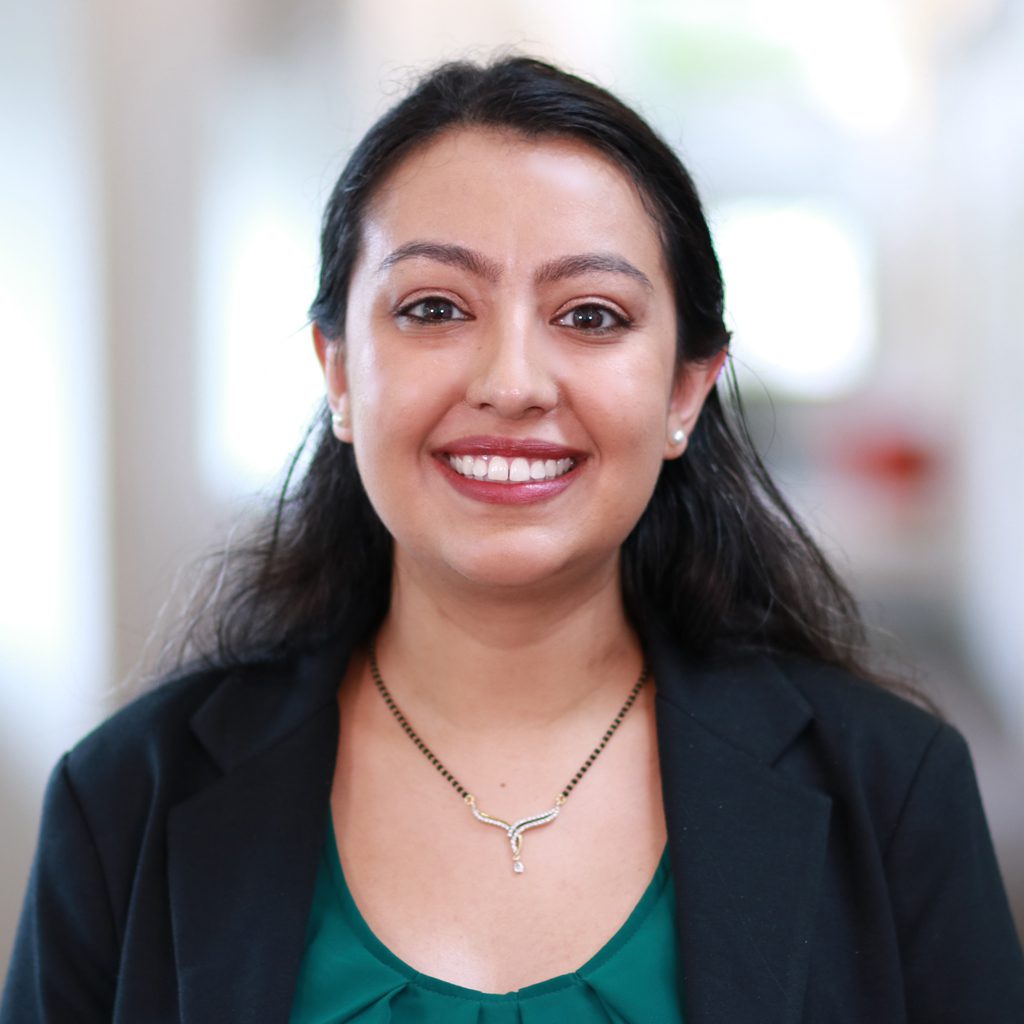Careers Blog
Jun Oh’s perspective: Vanguard’s MBA Development Program
Share
Related posts

Recruiting for MBA students is an extremely competitive landscape. Decisions are based on prior work experience and role compatibility, geographic variances, industry preferences, total compensation, benefits, and more. So, what is it about Vanguard’s MBA Leadership Development Program that has both attracted and retained this high-potential talent?
We took a deeper dive into this question and asked Vanguard crew members who participated in the MBA Leadership Development Program to recap their experience and share what initially attracted them to Vanguard and what keeps them feeling fulfilled in their roles. In this second installment of a three-part series, we highlight the experience of Jun Oh Y.
What was the biggest thing that drew you to Vanguard as you were seeking full-time opportunities?
I knew that Vanguard was the right next step for my career when I saw how they treated their crew members. My previous work experience at large financial service firms prior to business school taught me that emphasizing the employee experience in writing and having it embedded in the organization are two different things. With Vanguard, I experienced first-hand the level of support and investment Vanguard was making toward its crew members during my internship, and when it came time to decide where to head after business school, the decision came easily.
Vanguard’s MBA Leadership Development Program is rotational in nature, and also unique in that they solicit the business to understand where the needs are for MBA talent. So one experience can be different from another. What teams were you able to support during your 15 month rotation?
My MBA rotation experience was broad, dynamic, and fulfilling. I couldn’t have asked for a better overall experience. My three rotations were with: Enterprise Advice, Corporate Strategy, and Investment Risk.
What were some roles/responsibilities that your day-to-day consisted of?
While rotating through Enterprise Advice, I worked in Advice Product Strategy and Management, in the financial planning product sleeve. This rotation focused on exploring the applicability of a new scenario planning tool and building a model to better estimate end client usage of our advice products. With a good mix of a broad new subject matter and quantitative analysis, my first rotation helped lay the groundwork for my Vanguard journey.
I further expanded my understanding of Vanguard in my second rotation in Corporate Strategy, where I worked with various teams across the enterprise and divisional level in Data and Analytics, International, our Institutional Investor Group, and Business Development. My second rotation was quite dynamic in coverage and helped me better understand the business, along with our biggest priorities.
To round out my experience, my third rotation was closer to investments in the Risk Management Group, where I was tasked with re-vamping our Reasonably Anticipated Trade Size methodology in our Liquidity Risk Management program.
What was the most significant project you worked on?
When I was working on re-vamping our Reasonably Anticipated Trade Size methodology in our Liquidity Risk Management program, the new methodology was to impact the liquidity classifications across our hundreds of funds and had downstream impact in regulatory reporting as well as how we would look at liquidity risk going forward. Having the chance to contribute to such a highly visible and impactful program was very fulfilling.
What was the most impactful takeaway from the rotational program?
The most impactful takeaway is that we are expected to ask a lot of questions and bring our diverse opinions to the table. The program was designed to bring outside talent in. I believe those in the program should consider the rotations as an opportunity to develop these skills and bring it to their launch roles.
What was the biggest challenge you faced?
Switching between different project methodologies by balancing execution and upfront planning were a challenge. Given the expedited timeline of the rotational program, I initially tried to define an exact scope and specific internal milestones for every engagement. However, with the iterative nature of the larger projects, I came to realize that the flexibility of an agile methodology with consistent involvement from cross functional teams would produce a better, more efficient outcome. Fortunately, the opportunities to practice this skill – identifying which types of projects would most benefit from these two opposing approaches— and becoming proficient in it, ultimately helped me secure my current launch role.
What is keeping you fulfilled in your current role at Vanguard?
The two things that keep me at Vanguard are the people and Vanguard’s attitude toward development. When I was rotating in Enterprise Advice, a fellow crew member mentioned how “unconditional positive regard” helps him work through differences of opinion in meetings. This concept of acceptance and support regardless of opinion, with the acknowledgement that we are all on the same team, neatly summarizes my interactions with my colleagues. It is so refreshing to see how everyone in the room is working toward the common goal, without pretext. Along with such an amiable work environment, Vanguard’s support for learning and development, both in and outside of work, sets it apart. The various support networks and resources we have available helped me further expand not only my subject matter expertise, but also made me feel more like a member of the broader Vanguard family.
What is one piece of advice that you would give to someone considering joining either our MBA internship or full-time rotational program?
Take full advantage of the MBA program network! We have quite a few folks that have gone through the program before us with wonderful nuggets of wisdom to share. I learned a tremendous amount from them and made some great friends in the process.


